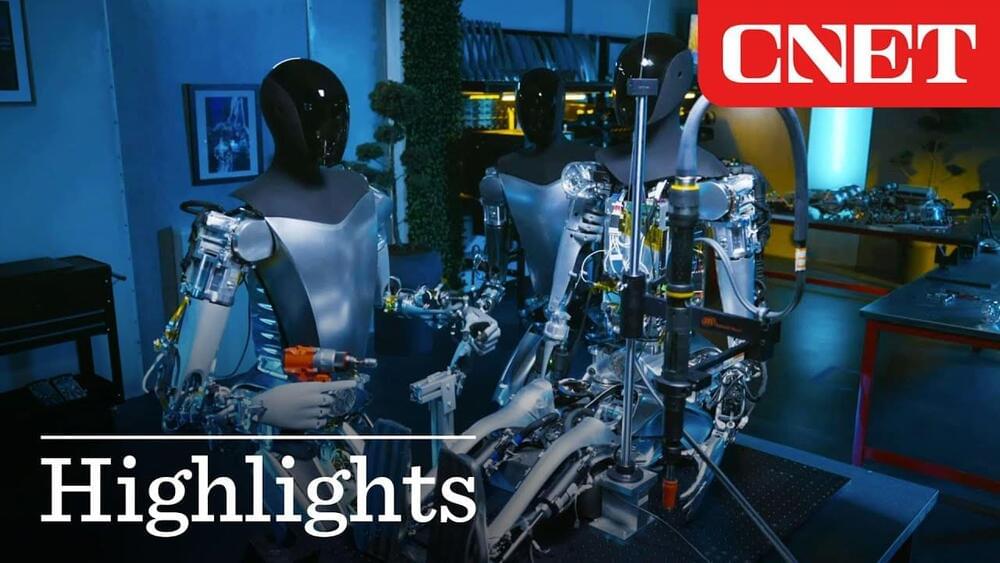
To coincide with the rollout of the ChatGPT API, OpenAI today launched the Whisper API, a hosted version of the open source Whisper speech-to-text model that the company released in September.
Priced at $0.006 per minute, Whisper is an automatic speech recognition system that OpenAI claims enables “robust” transcription in multiple languages as well as translation from those languages into English. It takes files in a variety of formats, including M4A, MP3, MP4, MPEG, MPGA, WAV and WEBM.
Countless organizations have developed highly capable speech recognition systems, which sit at the core of software and services from tech giants like Google, Amazon and Meta. But what makes Whisper different is that it was trained on 680,000 hours of multilingual and “multitask” data collected from the web, according to OpenAI president and chairman Greg Brockman, which lead to improved recognition of unique accents, background noise and technical jargon.

















